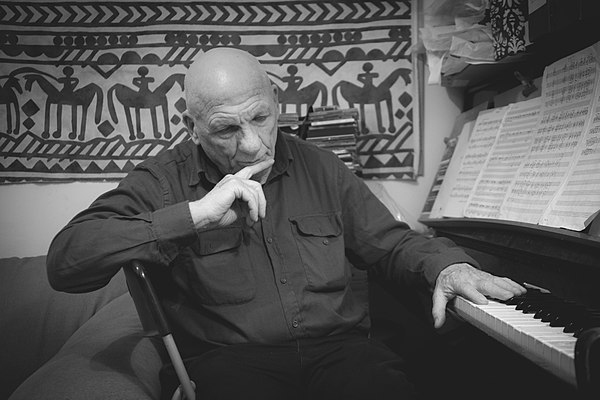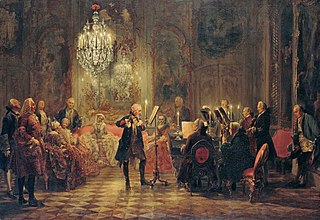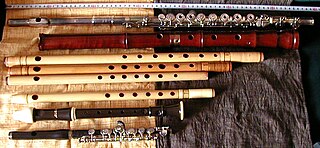This page is based on this
Wikipedia article Text is available under the
CC BY-SA 4.0 license; additional terms may apply.
Images, videos and audio are available under their respective licenses.
Mark-Anthony Turnage CBE is an English composer of classical music.
Shulamit Ran is an Israeli-American composer. She moved from Israel to New York City at 14, as a scholarship student at the Mannes College of Music. Her Symphony (1990) won her the Pulitzer Prize for Music. In this regard, she was the second woman to win the Pulitzer Prize for Music, the first being Ellen Taaffe Zwilich in 1983. Ran was a professor of music composition at the University of Chicago from 1973 to 2015. She has performed as a pianist in Israel, Europe and the U.S., and her compositional works have been performed worldwide by a wide array of orchestras and chamber groups.

Brian Cherney is a Canadian composer currently residing in Montreal, Quebec.
Ramon Lazkano is a contemporary Spanish Basque composer of classical music.
Derek Bermel is an American composer, clarinetist and conductor whose music blends various facets of world music, funk and jazz with largely classical performing forces and musical vocabulary. He is the recipient of various awards including a Guggenheim Fellowship and the American Academy in Rome's Rome Prize awarded to artists for a year-long residency in Rome.

Klaas de Vries is a Dutch composer. Until his retirement in 2009 De Vries taught composition at the Rotterdam Conservatory and can be described as influential in Dutch musical life.
Dan Welcher is an American composer, conductor, and music educator.
Brett Dean is a contemporary Australian composer, violist and conductor.
Jukka Tiensuu is a Finnish contemporary classical composer, harpsichordist, pianist and conductor.

Yitzhak Yedid is an Israeli-Australian composer and pianist.

Donald Henry Kay AM is an Australian classical composer.
Gary Kulesha is a Canadian composer, pianist, conductor, and educator. Since 1995, he has been Composer Advisor to the Toronto Symphony Orchestra. He has been Composer-in-Residence with the Kitchener-Waterloo Symphony (1988–1992) and the Canadian Opera Company (1993–1995). He was awarded the National Arts Centre Orchestra Composer Award in 2002. He currently teaches on the music faculty at the University of Toronto.

Graham Waterhouse is an English composer and cellist. For his own instrument, he composed a cello concerto and Three Pieces for Solo Cello. He has written string quartets and compositions which juxtapose a quartet with a solo instrument, including Piccolo Quintet, Bassoon Quintet and Rhapsodie Macabre. He has set poetry for speaking voice and cello, such as Der Handschuh, and has composed song cycles. His compositions reflect the individual capacity and character of players and instruments, from piccolo to contrabassoon.

Gil Shohat is an Israeli classical music composer, conductor, pianist and lecturer.
Emanuel Vahl is a Ukrainian-Israeli composer. Vahl has composed more than 100 works, including preludes, songs without words, and chamber music. He taught Harmony and Composition at the Conservatory "Hasadna" in Jerusalem, and now he teaches at the Dance Studio of Jerusalem. Vahl has been a member of the Union of Israeli Composers and AQUM since 1991.
Israel Sharon is an Israeli composer, pianist, arranger and conductor.
Ayal Adler (Hebrew: אייל אדלר, is an Israeli composer. He is a senior lecturer in composition and theory at the Jerusalem Academy of Music and Dance and serves as Director of the Israeli Composers' League.
Ioseb Bardanashvili is an Israeli and Georgian composer. His works span classical to contemporary composition for film.
Sergiu Shapira is an Israeli composer, educator, and musicologist. His works include orchestral, chamber, instrumental and vocal music. His music was performed, recorded and published in various countries, such as U.S.A., U.K., France, Germany, Belgium, Italy, Canada, Japan, Taiwan, South Africa, Georgia, Romania, Israel, and others. Shapira was awarded many prizes and awards, including the first prize of the International Clarinet Association. His works were selected to represent the state of Israel in numerous international music festivals and were performed in venues such as Carnegie Hall, Lincoln Center and other major stages around the world.



















